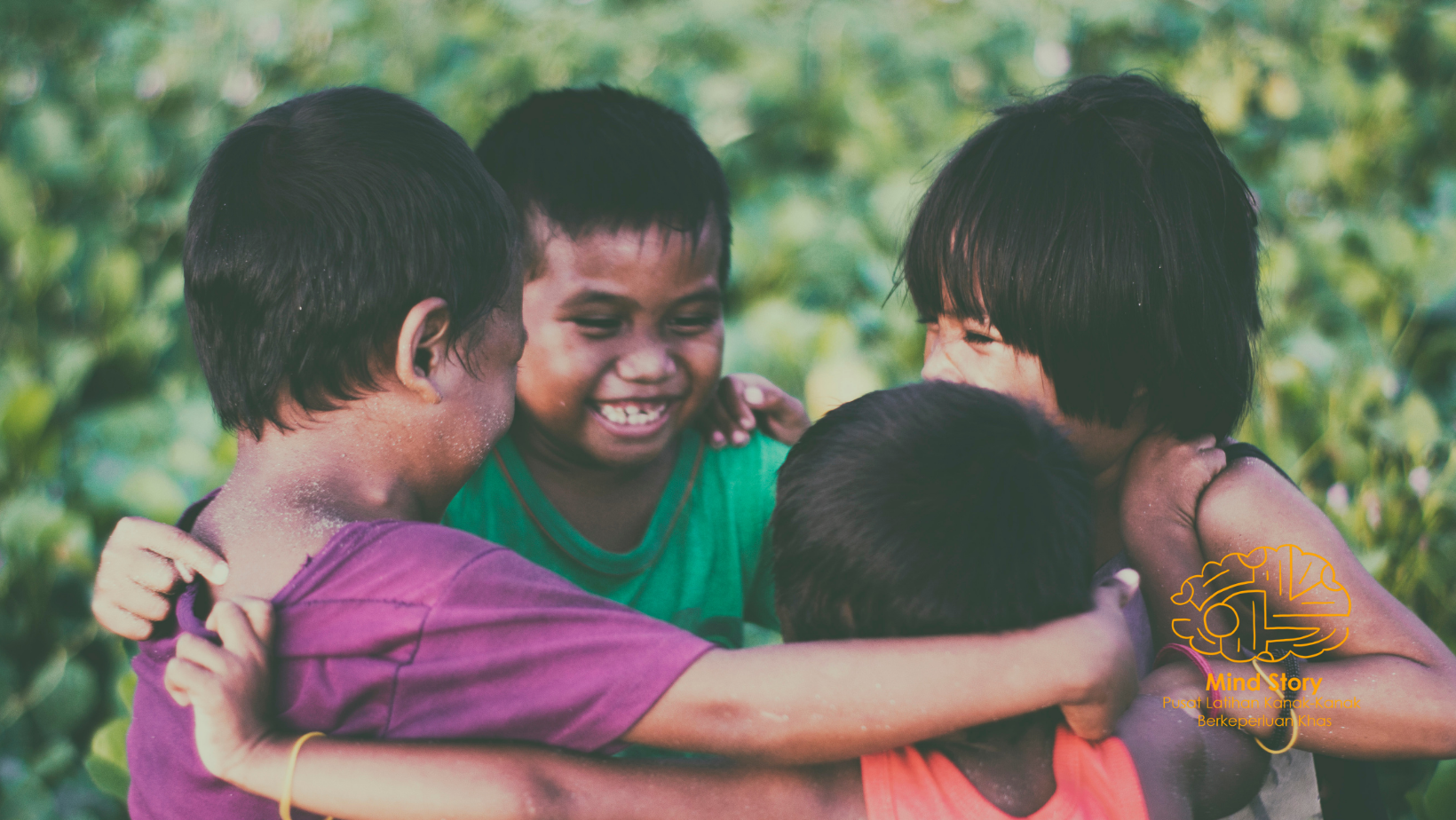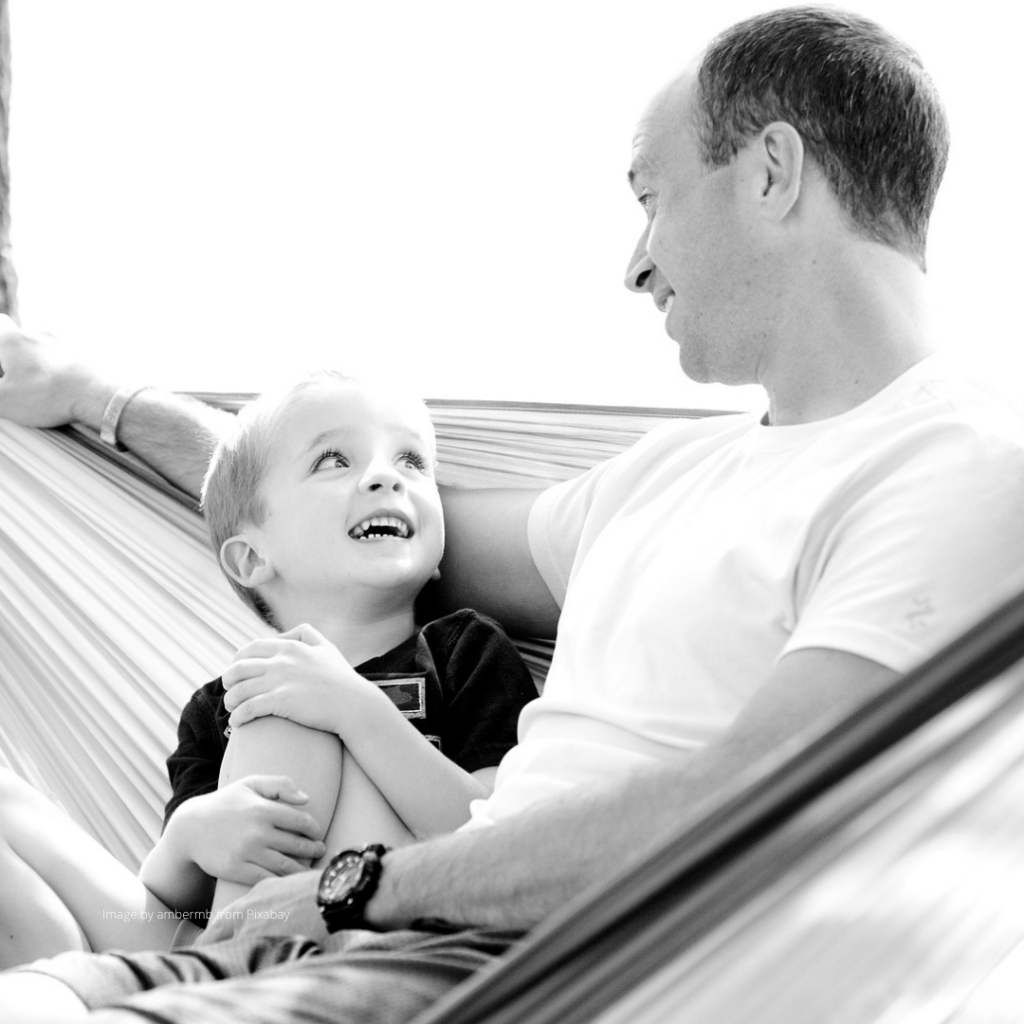
Social emotional skill is how we are able to regulate our own thoughts, emotions and behaviors. In order to do so, we must be able to first identify, process and act on our own thoughts, emotions and behaviors. Having developed set of social emotional skills will support your child as it will help your child to build relationship with others.
What is social emotional skill?
Social emotional skills range from the ability to recognize facial cues (how you know someone is sad without them telling you), regulating self-emotions to finding solutions to disagreements. Having positive social emotional skill helps your child build better relationships, improves mental health and success beyond classroom environment.
Why is social emotional skill development important?
Having good social emotional skill will help your child to build trusting relationships. Your child will be able to manage their own emotions and self-regulate. Their ability to cope with challenges such as miscommunication and problem solving improves as they are able to communicate better with people around them.
It builds confidence as your child is able to express him/herself and thus reducing frustration and misunderstanding with others. It allows your child to identify their personal emotions and ability to control their behaviors when they understand consequences to their actions. They are also able to identify what others are feelings, thus learning to make decisions that are appropriate.
Children who are able to identify their emotions and self-regulate are able to perform better cognitively as they feel good about themselves, thus able to focus on their learning environment.
Building social emotional development skill
Keeping Track
If your child is less than 5 years old, do make use of the developmental milestone checklist to track your child’s overall development. You can make use of the checklist to identify areas where your child may need additional support.
If you noticed your child’s development isn’t on track, bring the checklist and speak to your child’s doctor on your concern. (To read more on if you suspect your child requires additional support, read here.)
If your child is more than 5 years old and you are concerned with his / her social emotional development, you can still make use of the developmental milestone checklist (all ages) to ensure that he / she has acquired all social emotional skills required up to 5 years old. If there is a gap, do speak to your child’s doctor.
If there isn’t a gap but concern is raised by school / teachers, your child may need support in a social group setting. You will need strategies to help your child to cope in a school environment. Understanding of school structure, requirements and feedback from school teacher will be able to help formulate strategies to support your child.
Modelling
Modelling works well for your child to learn the appropriate social emotional behavior. Your child looks up to the surrounding adults to learn how the “world” function. In order to teach your child appropriate social emotional behavior, you are the best resource.
- Conversations
When someone speaks, listen attentively. This shows to your child that you care and respect the person who shares. Your child observes and learn how you speak or behave when carrying out conversations. Your child will pick up everything, from eye contact, gestures, tone to words that you use.
Taking turns when speaking, making eye contact, not interrupting conversations, asking for permission can all be modeled during conversations. When your child struggles to pick up social cues, support them by pointing out to them the expected behavior during your conversation with your child.

- Reflect / Accept
When your child struggles with his / her emotions, help them by reflecting to them what you see (without any input of your emotions). When your child throws his toys, point it out to him what you observed.
“I see that you throw your toys away. Do you want to tell me what happened?”
Help your child to build his / her emotions vocabulary. They may not understand the emotions that they are experiencing. From happy, excited, anxious, upset, angry and frustrated, each carries varying levels of emotions.
Then, walk them through when they acknowledge their feelings.
“Is throwing your toys away when you are upset the right thing to do?”
“What can you do the next time you feel upset?”
Then give them the opportunity to correct their wrong. Praise them for having the courage to acknowledge their mistake and willing to do something to make it right.
Accept their feelings as well as what they say. When you acknowledge their feelings and sharing, you are creating a safe space for them to express (build social skills). They will model after you the next time they see another person expressing their emotions inappropriately.
- Quality Time
Spending quality time with your child is one of the best ways to teach your child social emotional skills. Reading, playing board game, pretend play not only create the best memories, but it is also an opportunity to teach values to your child, taking turns, following rules, accept failures and learning from it.
Quality time is not quantity time. It can be a short 10 minutes before bedtime when both of you take turns to share your day. Share your personal challenge for the day, your struggle and how you intend to overcome it. Your child will learn that it is normal to face challenges and they will model after you when they face their own challenge.
Conclusion
Social emotional skills are important to build relationship with people. It is important to you and your child as we live in a community where no man is an island. Your child’s ability to self-regulate and communicate to another person appropriately is critical for them to succeed beyond academic qualifications.
Below is a summary of Social Emotional Development checklist from CDC. Click here to retrieve full checklist.









